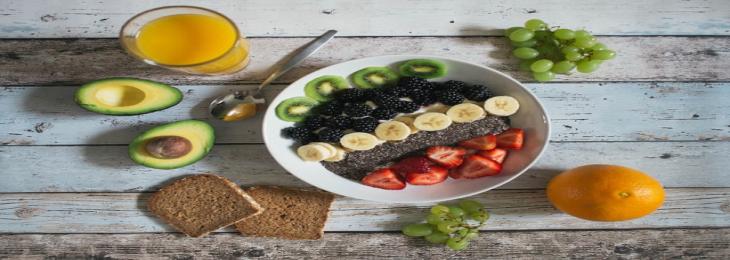Iodine is a Matter of Concern in Vegan Diet
Feb, 2021 - By SMI

Share
By comparing vegan diet with a mixed diet a study by BfR Federal Institute of Risk Assessment found lack of iodine in those following a vegan diet.
The research team at BfR analyzed urine and blood samples and there evaluated dietary protocols and lifestyle questionnaires accordingly. The study involved 18 women and 18 men participants of 30 to 60 years age group out of which a majority of people followed a vegan diet and around one third of them followed a mixed diet. The results of the study were noteworthy with regard to the amount of iodine element found in the samples. Iodine is measured from urine samples that provides the information about how well iodine is supplied into an individual’s body. Majority of participants were found having a deficiency. Vegan participants had more pronounced deficiency of iodine compared to those following a mixed diet. One third of the participants had the level of iodine below 20 micrograms per liter which is the limit set by World Health Organization as a shortage.
The study showed no significant difference regarding vitamin B12. Vitamin B12 was present in approximately same amount in both groups. The reason behind presence of vitamin B12 in same amount was the intake of dietary supplements in vegans and animal intake in those following mixed diets. Dr. Andreas Hensel, President of BfR said that this study made it possible to compare both types of diets regarding a variety of vitamins and trace elements. Although about 10% of the participants from both the diets were lacking in iodine, however, vegan diet had more health benefits such as high fiber intake as well as lower levels of cholesterol. Therefore, it is important for people to consider intake of iodine through supplements of other iodine rich food products.
Share
Stratagem Market Insights
533 Airport Boulevard, Suite 400, Burlingame, CA 94010, United States
Delivery Center
403, 4th Floor, Bremen Business Center
Aundh, Pune, Maharashtra 411007
India
